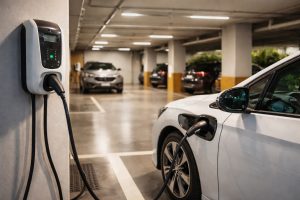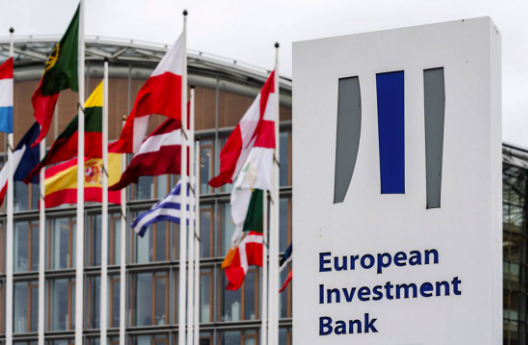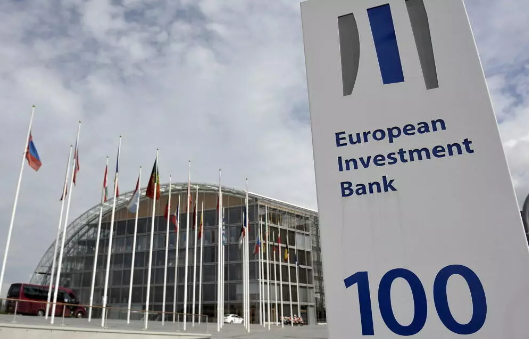
European Investment Bank Approves EUR 150 Million to Boost Mobility in Spain and Portugal

The European Investment Bank (EIB) approved a EUR 150 million loan to Cepsa for the deployment of more than 1,800 ultra-fast chargers at its service stations in Spain and Portugal.
The project is part of Cepsa’s strategy to install ultrafast chargers at most of its service stations within the decade.
The funding encourages the electrification and decarbonization of road mobility, accelerating the transition to a more sustainable model and supports Cepsa’s decarbonization strategy, ‘Positive Motion’.

Sustainable Vision
EIB Vice-President Ricardo Mourinho Félix stressed that the loan is a further demonstration of the institution’s commitment to sustainable mobility in which electrification and decarbonization of the road transport sector play a key role.
“Developing electric charging infrastructures accessible to all citizens is essential to accelerate the transition to electric vehicles and reduce emissions in a sector that is critical to achieving carbon neutrality in the European Union,” he explained.
For his part, Maarten Wetselaar, CEO of Cepsa, pointed out that the ‘Positive Motion’ strategy, the decarbonization of road transport and sustainable mobility have a fundamental role to play.
“To make electric mobility a reality, we are committed to ultra-fast charging that makes it possible to make intercity trips in electric vehicles without charging time being a brake to encourage user demand,” he stressed.
“We are grateful to the EIB for its support for this project, which will enable us to continue to make progress in equipping more than half of the service stations in our network in Spain and Portugal with ultra-fast chargers,” he said.
The funding committed will contribute to achieving the European Union’s goal of putting one million electric vehicle charging stations in operation on European roads by 2025, thus contributing to the progressive decarbonization of the transport sector.
The project is aligned with the objectives of the European Union’s Strategy for Intelligent and Sustainable Mobility and is part of the European Commission’s Connecting Europe Facility.
More than 70% of the recharging points will be installed in regions with a per capita income below 75% of the EU average, thus contributing to the EIB’s cross-cutting objective of fostering social and economic cohesion.





